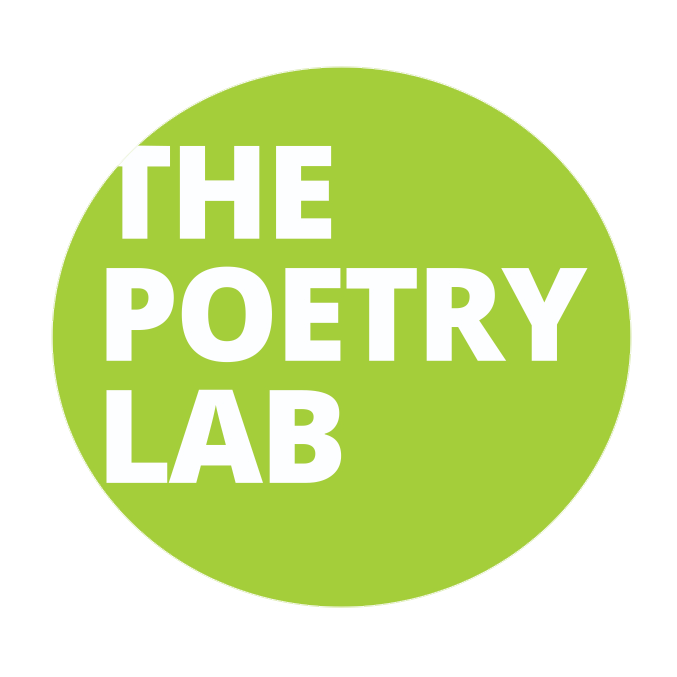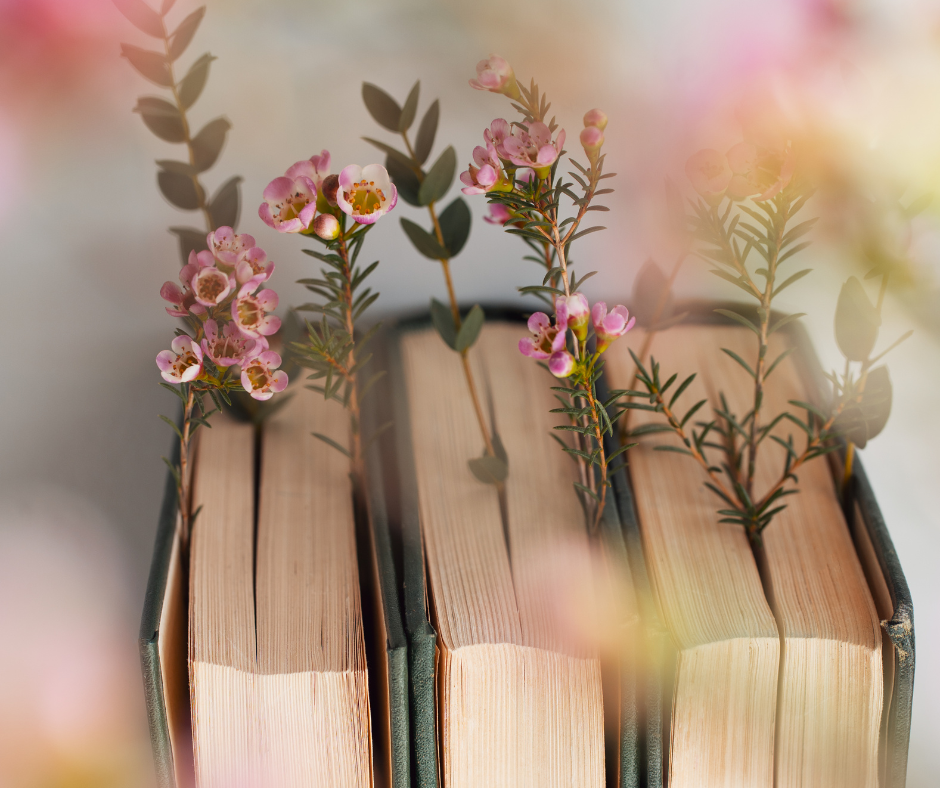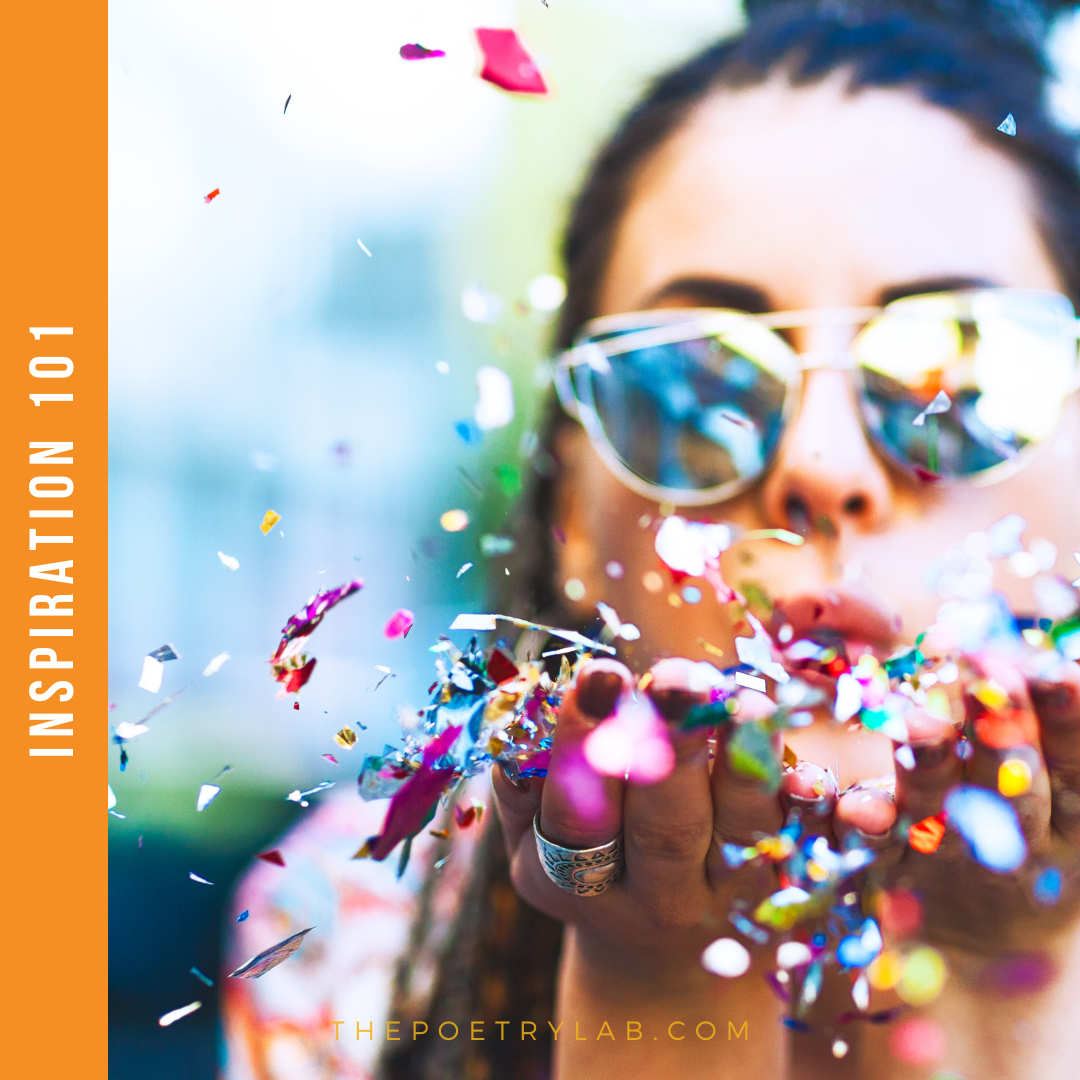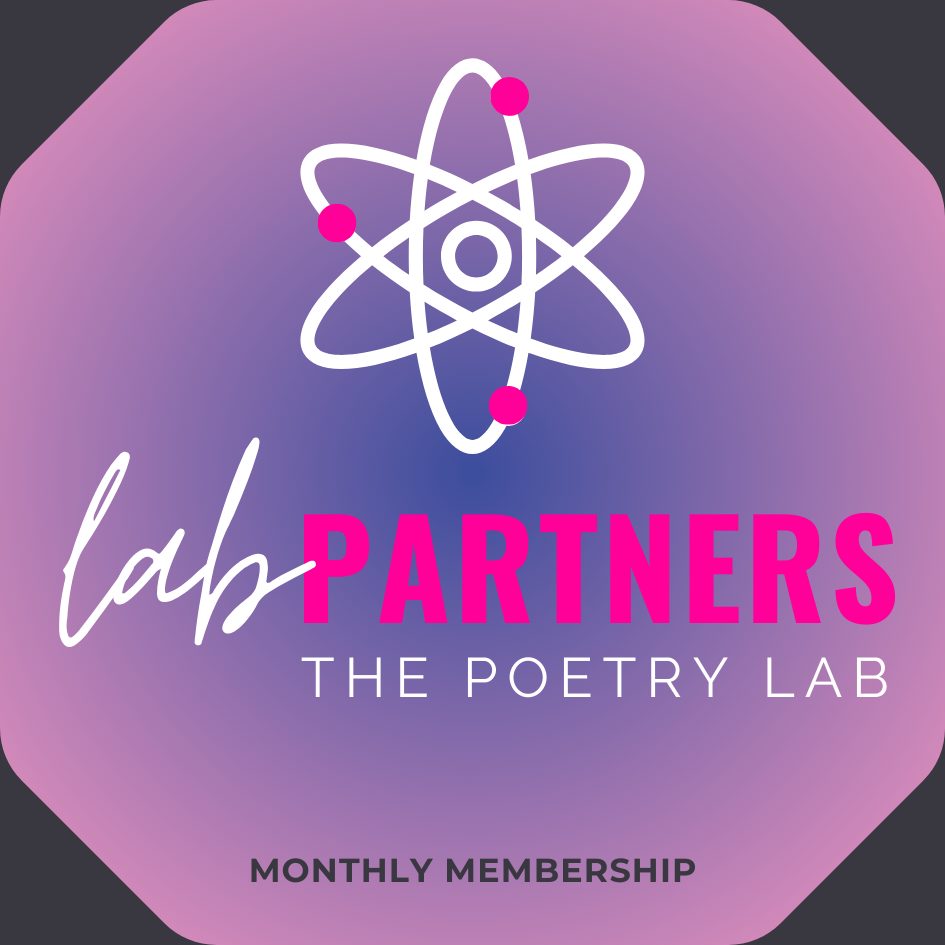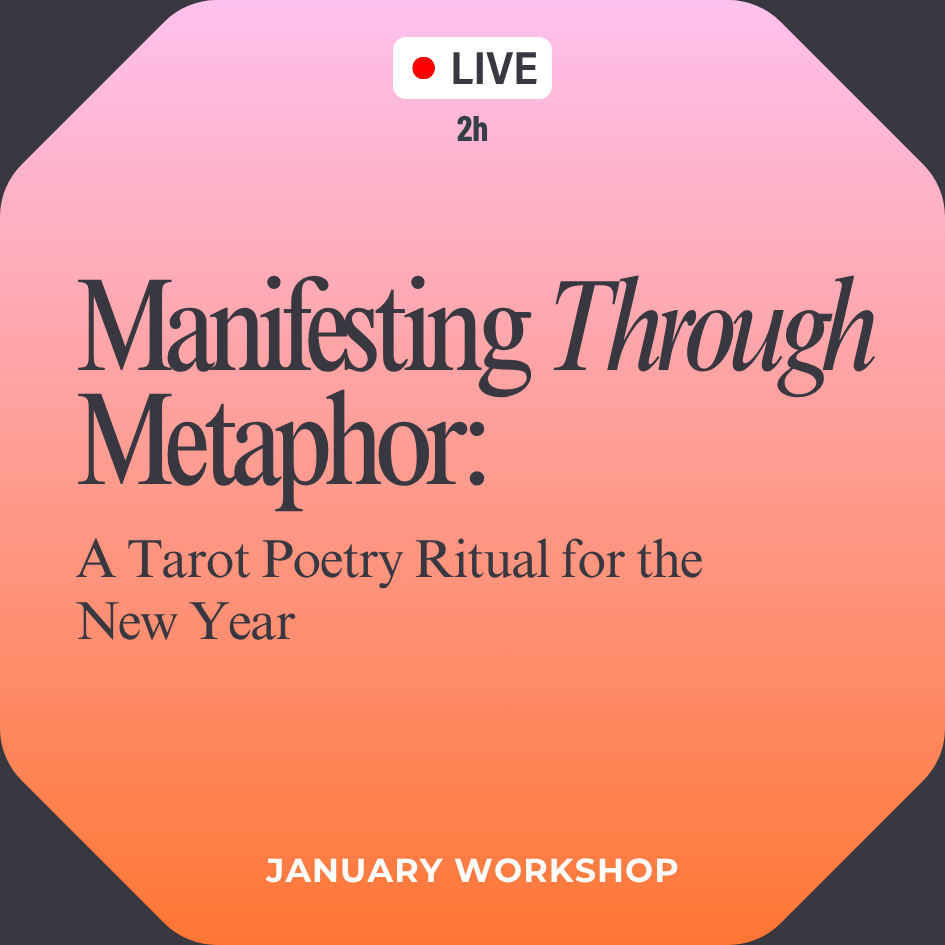What is Poetry, and Why Do We Still Read It?
I’ve heard it said that poetry is loved by a few, loathed by many, and bought by almost no one. But like Icona Pop says, “I don’t care; I love it!” And if you’re reading this, you probably love poetry too.
According to T. S. Eliot, “Genuine poetry can communicate before it is understood.” Sometimes, a poem can reach out and grab us before we understand why, and that is the joy and pain of poetry. It’s an unexpected connection between us and the poet—an echo of an interior thought or emotion we recognize as our own. There is a poem by Audre Lorde called ‘Coping’ about a boy bailing water from his flower patch - it hits me right in the heart when he tells her why he’s doing it. ‘Young seeds that have not seen sun/forget/and drown easily.’ It only occurred to me later that the title gives it a deeper meaning. We’re all given something to do, and even if it looks hopeless to someone else, we need to do what we can. That’s how we cope. It’s how we don’t drown. We stand in the rain and keep seeds from drowning until they can feel the touch of the sun—we who have seen hope turn and help those who have not. Maybe that doesn’t affect you, but it hits me right in the heart of who I am and who I want to be.
We all know the grade-school definitions of poetry, mainly about the rhyming pattern. I still remember highlighting the AABB pattern of a Shakespeare sonnet and thinking…if school were all about this, I’d throw fewer pencils in the ceiling and take less time at the water fountain. I’ve come a long way in understanding poetry forms since fourth grade, and my interest has drawn me deeper into a more nuanced appreciation. Not because I’m a poet-snob, but because it feels like magic when squiggly lines on a page make me want to cry. And I love the empty spaces where your mind fills in the gaps like a wave filling a tidal pool.
So, for the adults in the room who are reading poetry for fun and not analyzing it to death, what exactly is poetry?
Poetry is Impactful
Let’s start with my favorite form of poetry. When I first started reading and writing Haiku poetry, I thought all Haiku had three lines with a five-seven-five syllable pattern and didn’t rhyme.
As the Haiku nerds reading this probably already know, this syllable rule is an Urban Myth. Even the three lines aren’t always adhered to, and I understand how that can be frustrating for anyone trying to learn how to write magazine-ready poetry. Poetry is the art of compressing an intense emotion to a sharp point. My favorite poems are so sharp I feel the sting immediately, and then I have to go back and reread what happened.
Poetry makes me slow down and look at everything new again. The blurred edges of my life come into focus when I put down my daily tasks and look at one thing; for one moment, I am still.
This Haiku by Shiki makes me smile when I read it because it makes me conscious of a small moment of transcendent beauty in an act I’ve done a thousand times:
Peeling a pear –
A trickle of sweet juice
Along the blade
Switch the pear for an apple; that is my daily getting-lunches-ready routine each morning. But instead of thinking of work, bus times, or traffic, some days, I think of the glittering drops of juice on the edge of my small paring knife. I’ve slowed down.
And if you let me be dramatic for a second, it leaves me feeling more whole, in some small way, healed from the scrape and jostle of life. Things that were blurred at the edges of my focus are clear again. I am alive and slicing an apple in winter. This is magic.
Undeniable Poetry
Now, I want to talk about another favorite form: prose poetry. I like to think of prose poetry as the other end of the strictly ruled poetry spectrum. Prose poetry might have no space or line breaks, no rhyming pattern, but it is still, undeniably, poetry. There is a rhythm and sparseness that whispers that it is a poem.
Here is a snippet of the poem “Be Drunk” by Charles Baudelaire, one of the OG prose poets.
‘You have to be always drunk. That’s all there is to it—it’s the only way. So as not to feel the horrible burden of time that breaks your back and bends you to the earth, you have to be continually drunk.
But on what? Wine, poetry, or virtue, as you wish. But be drunk.’
Whether on wine, poetry, or virtue, he implores us to be drunk, to chase after the moving, rolling, groaning, spinning stars and wind and clocks and ask them how to stay drunk on them. What is left unsaid is what pain, tedium, or boredom he is escaping. We can guess, we modern audiences, with the college-debt therapy bills and the access to words like work/home life balance and neurotypical and generational trauma. We can guess, but it makes us think and wonder.
Writing poetry forces us to be reflective. It’s an internal exercise. We have to read and interpret, and when we are writing, we try to synthesize some emotion or thought into a pleasing or jarring collection of words. This is so good for our brains! If you’re curious about the emotional and cognitive benefits of self-reflection, the Harvard Business Review will assure your engineering friends that reading or writing poetry will up their game. Reflection is an executive function, friends.
Poetry Is Slow Awakening
Lastly, reading poetry gives us space to breathe. I learn things slowly; they need to sink into the ether and saturate before I can move on to the next activity, and maybe that isn’t the weakness I thought it was. Perhaps this slow processing time has allowed me to be patient with poetry when I first started reading it. And, after years of reading poetry, this weakness, if you can call it that, has only strengthened. When I slow down, I can learn deeper. I can live life more richly, too.
At its best, poetry leaves enough out to make you stop, read back through, and search for what you missed. Maybe that’s why I love it so much. Poetry can be a puzzle. And puzzles make you put down the to-do list. And anything that can make us pause and reflect, to turn inward, is helpful. It builds emotional resilience, and we need that like we need air to breathe.
Reading and writing force us to find connections between our thoughts, feelings, and behaviors, all things that increase emotional resilience.
TL;DR: What Is Poetry?
Poetry isn’t a rhyming pattern, the number of stanzas, or even the subject. It isn’t the rules, or it isn’t just the rules. Poetry is the playful, reflective connection between the writer and the world, that rapture, that magic, that joy or grief recognized in another, constrained in a puzzle that makes it more fun to read and write. That’s what I think poetry is—a connection between two people. Simple. Profound. Poetry.
/ related
/ upcoming classes
This article was published on September 30, 2025. Written by:

